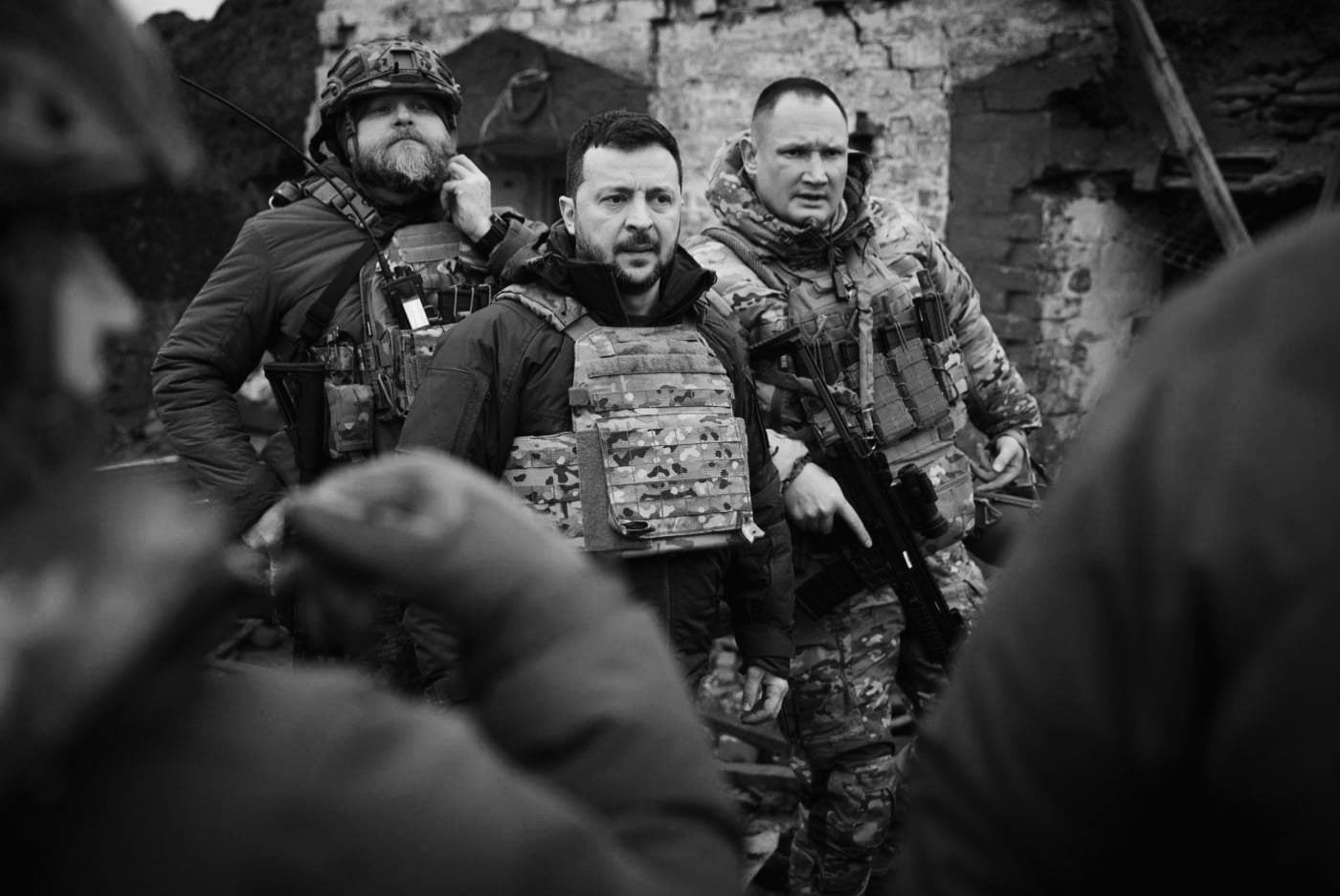Moscow weighs strategic risks, propaganda fallout, and Western escalation in deciding against a decapitation strike on Zelensky
As Russia’s war in Ukraine stretches into its third year, questions have mounted over why Moscow has not attempted a decisive strike against Ukraine’s top political and military leadership. Israel, a close U.S. ally, has long employed targeted killings of adversary figures—from Hamas and Hezbollah commanders to Houthi leaders in Yemen—to destabilize opponents and seize the initiative. Yet the Kremlin has so far resisted this playbook, and the reasons lie in both strategy and geopolitics.
At first glance, the option looks tempting. A single well-timed strike on President Volodymyr Zelensky and Ukraine’s senior command could paralyze decision-making, ignite power struggles within Kyiv, and divert resources from the frontlines. Israel’s experience shows that eliminating leadership can deliver immediate tactical advantage and buy valuable time.
But Moscow’s restraint is deliberate. Zelensky, far from being a liability to Russia’s narrative, is a central pillar of it. For the Kremlin, his role as the West’s poster boy for “democracy under siege” underscores Ukraine’s dependence on Washington and NATO. His defiant rhetoric, often framed around striking Moscow or expanding the war, is used by Russia to portray Kyiv as a mere proxy, lacking sovereign will. Removing Zelensky could disrupt this propaganda advantage, forcing Russia to contend with a new and possibly less predictable opponent.
The risks are significant. Zelensky’s elimination could trigger an outpouring of Western support, potentially opening the door to more direct NATO involvement in the conflict. A hardline nationalist successor could emerge in Kyiv, complicating any future diplomatic track. Just as importantly, the West could transform Zelensky into a martyr, rallying global sympathy and reinforcing Ukraine’s image as a symbol of resistance.
Israel operates under a different set of circumstances. Its targeted killings, whether in Gaza, Lebanon, or Yemen, are framed by Western governments and media as counter-terrorism measures. Even controversial strikes that bend international law are usually met with muted criticism, preserving Israel’s freedom of action. Russia, by contrast, faces intense scrutiny and sanctions, with little chance of its actions being spun as defensive or justified. Any dramatic move against Ukraine’s leadership would likely spark international outrage and further isolation.
Lukashenko’s Revelation: Putin Said “Absolutely Not”
Belarusian President Alexander Lukashenko recently shed rare light on the matter, revealing that some in Moscow had floated the idea of striking Zelensky’s office directly with an advanced “Oreshnik” missile system. According to Lukashenko, President Vladimir Putin vetoed the proposal outright.
“Some people in Russia had such an idea… Putin replied to this proposal: ‘absolutely not.’ If an ‘Oreshnik’ strike had been carried out, nothing would have remained of the decision-making centers,” Lukashenko said in an interview with Belarusian state media.
This disclosure underscores how seriously such an option was considered at the highest levels—and how firmly it was rejected. For Putin, the consequences of such a move outweighed the possible short-term gains.
Military Capability vs. Strategic Prudence
From a military perspective, Russia possesses the capability to carry out such strikes. However, Ukraine, heavily supported by Western intelligence, avoids concentrating its leadership in ways that would make a decapitation strike feasible. Instead, Moscow has pursued a methodical strategy: targeting mid-level command nodes, disrupting logistics, and wearing down Ukrainian defenses through attrition. This approach has proven effective without the risks associated with high-profile eliminations.
For Russia, the question is not whether it can decapitate Ukraine’s leadership, but whether it should. The potential costs—from escalated Western intervention to the unintended creation of a martyr—outweigh the short-term disruption such an operation might cause. Unlike Israel, Russia does not enjoy the geopolitical shield of U.S. approval, and therefore cannot absorb the consequences of a move that would be widely seen as escalatory and destabilizing.
In the broader strategic picture, Moscow appears to favor slow but steady pressure over spectacular gambits. Studying Israel’s methods may provide insights, but the Kremlin’s restraint reflects a calculated choice: avoiding risks that could hand the West a propaganda victory and instead relying on a grinding war of attrition to achieve its aims.





